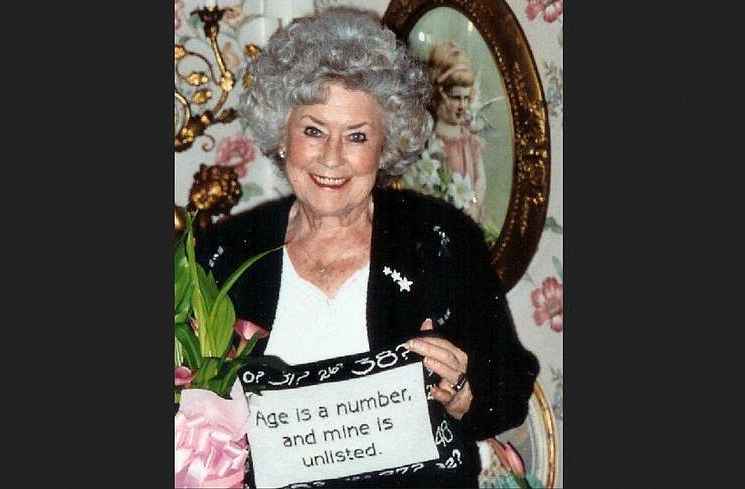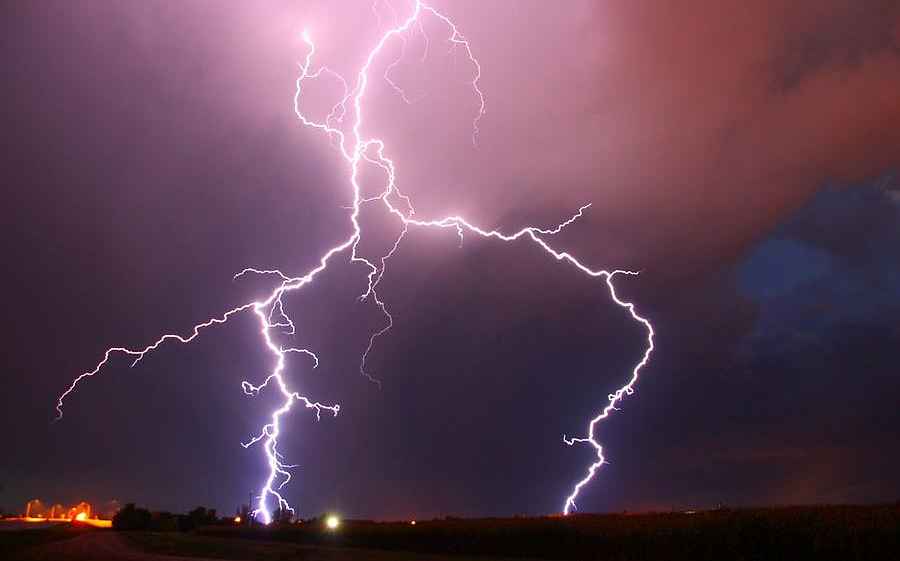






See listing of Recent and Most Popular articles on the Home Page
Faith
Category: Tragedy / Topics: Christian Life • Coping • Disaster • Relationships • Tragedy
Responding to Disasters: What You Should and Shouldn't Say
by Bill Nichols
Posted: February 21, 2016
Helping victims of disaster cope with the loss and questions…
Natural Disasters are unwanted but regular parts of our lives. They come in many forms such as blizzards, tornadoes, earthquakes, and floods. When the initial crisis ends, familiar questions always surface. Where was God? Why did this happen? Did we do something wrong to deserve this?
We don’t usually have completely satisfying answers to such hard questions. But, we should be ready to say something that can help those who are suffering from the losses.
It is not unusual to feel nervous about what you should and should not say in such difficult situations. What is important to remember is that you could be one of the best people to speak to your grieving loved ones because they already know you care. With just a few suggestions, I’ve found that most people can do an excellent and deeply encouraging job.
As a pastor and counselor, over the past forty years I have talked to hundreds of people in their most painful times. During those years, I’ve made my share of mistakes, but I’ve also learned something about what to say and what not to say.
Also, I have studied what other trained and veteran counselors and ministers recommend that people should and should not say in such times. Below are some key suggestions that I believe you will find helpful. I hope they give you the confidence you need to reach out to those you love during one of their most difficult hours.
Eight Things You Should NEVER Say To Some Who Hurts.
- Don’t be FATALISTIC: “This is God’s will. Accept it. He knows best.”
- Don’t be UNSYMPATHETIC: “It could be a lot worse. Just be thankful.”
- Don’t be AGNOSTIC: “It’s just bad luck. God has nothing to do with this. God helps those who help themselves.”
- Don’t be JUDGMENTAL: “Maybe this is God’s way of getting your attention. Maybe you need to pray for forgiveness.”
- Don’t be SUPER-SPIRITUAL: “God is more interested in your soul. This will help you grow spiritually and get you closer to God.”
- Don’t be CRITICAL: “God never causes suffering. He wants us to be healthy and happy. It’s the work of the Devil. This will make you better.”
- Don’t be EGO-CENTRIC: “I know just how you feel. Let me tell you about my loss. You think you are suffering; my family has really experienced pain. Let me tell you all about it.”
- Don’t be CONDESCENDING: “Don’t cry. Take it like Jesus did. Be a good Christian. Don’t be upset. Just look around and you can see people who have things a lot worse.”
If you were drowning the misery of grief, can you imagine someone saying those kinds of words of comfort? Just don’t do it. Try saying the following words of comfort.
Eight Things You SHOULD Say To Some Who Hurts.
- Be ACCEPTING: “I don’t know how you feel, but I am here for you.”
- Be SYMPATHETIC: “I am so sorry for your loss. Call on me for anything.”
- Be HOPEFUL: “Our Lord will be with you. He will see you through this.”
- Be ASSURING: “You’re hurting right now, but God is present and will provide the strength you need.”
- Be ENCOURAGING: “You can handle this. I know you.”
- Be HUMBLE: “I wish I had the right words, just know I’m here for you.”
- Be SCRIPTURAL: “Jesus wept, too. He said he would never forsake you. He’s with you.”
- Be PRAYEFUL: “May I say a prayer for you? I will keep praying for you.”
My all-time-favorite book on this subject is the small paperback, Good Grief, By Granger E. Westberg. It’s a great little pocket size book to give a friend.
May God help you be helpful to those who hurt.
Bill Nichols — used by permission
Search all articles by Bill Nichols
Dr. Nichols has been active in health education and ethics. He founded HealthyFaith.net to provide "collaboration for healthy living through helpful and reliable information for individuals, their families, and the professionals who work with them to support their health, disability and faith concerns." • E-mail the author (moc.ctvg@slohcinllib*) • Author's website (personal or primary**)* For web-based email, you may need to copy and paste the address yourself.
** opens in a new tab or window. Close it to return here.
Posted: February 21, 2016 Accessed 543 times
![]() Go to the list of most recent Faith Articles
Go to the list of most recent Faith Articles
![]() Search Faith (You can expand the search to the entire site)
Search Faith (You can expand the search to the entire site)
![]() Go to the list of Most Recent and Most Popular Articles across the site (Home Page)
Go to the list of Most Recent and Most Popular Articles across the site (Home Page)
 Loading requested view...
Loading requested view...